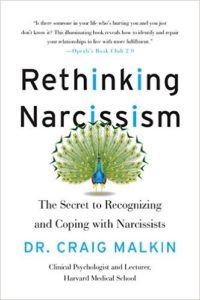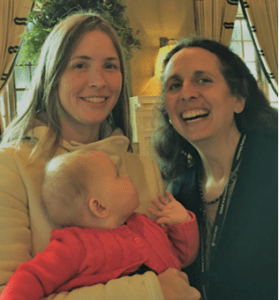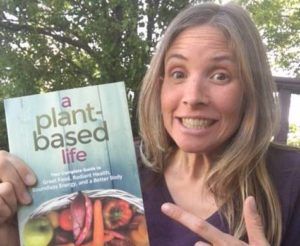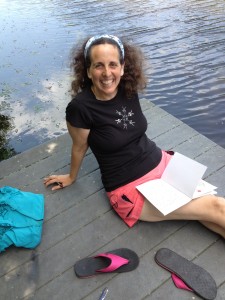
Looking for a few summer writing tips? If you’re anything like me, you’re spending time outdoors – reading a juicy novel in a hammock while the birds chirp around you, tching up with friends on a walk around the neighborhood, dancing under the stars. Summer is such a glorious time of year.
So, how do you make it work for you when it comes to your writing?
[bctt tweet=”4 Quick Summer Writing Tips ” username=”LisaTener”]
- Schedule your summer writing time. It’s easy for summer to roll on by rather quickly. As I mentioned last week, when you schedule the writing time–and keep it sacred–you’ll be sure to capture some of that time for your writing.
- Capitalize on the inspiration and harmony of nature. Write for 20 minutes before reading in your hammock. Or write after a work or berry picking, when your mind is in a relaxed, or even meditative, state. Time in nature is a huge creativity boost.
- Capture experiences right away. You may not have time for hours of writing, but you can at least capture an anecdote, such as an inspiring example of a principle you teach in your book. Jot it down while it’s fresh in your mind.
- Tap into community for summer writing. It’s easy to get caught up in summer activities and forget about writing. Make a commitment with a friend to keep focused and accountable. Set up a regular summer writing date (weekly or monthly), where you sit on the porch in the shade (or sun) and write in your journals or laptops.
Hey, it’s summer. I won’t belabor these writing productivity ideas. Go enjoy yourself. And write!
Feel free to share your wonderful summer writing tips as a comment below!


 Write first thing. On our call, Susan reminded me that she had written her book proposal in my class at the time her brother was dying. Somehow she managed to get up in the wee hours, before her hospital visit, and write. If she could do that, surely, she could write, despite a busy work schedule this fall. Still, how to create a plan that would carry her through with ease and on time?
Write first thing. On our call, Susan reminded me that she had written her book proposal in my class at the time her brother was dying. Somehow she managed to get up in the wee hours, before her hospital visit, and write. If she could do that, surely, she could write, despite a busy work schedule this fall. Still, how to create a plan that would carry her through with ease and on time?

 Are you struggling with questions like, “Should I work with an agent or contact publishers directly?” and, “Do I write the whole book first?”
Are you struggling with questions like, “Should I work with an agent or contact publishers directly?” and, “Do I write the whole book first?”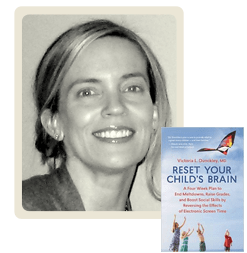
 Learn as much as you can about the agent beforehand. Meet agents and publishers at writing conferences, research appropriate agents through read their websites and submissions guidelines and use check out the following websites which are excellent for researching agent requirements:
Learn as much as you can about the agent beforehand. Meet agents and publishers at writing conferences, research appropriate agents through read their websites and submissions guidelines and use check out the following websites which are excellent for researching agent requirements: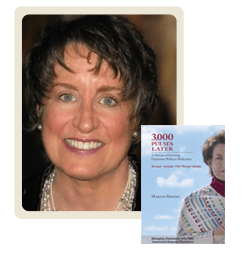 Yes! This is true. And if you’re writing a memoir, feel free to shoot for a traditional publisher, but know that self-publishing can be a valid and successful path, as well. Martha Rhodes, author of
Yes! This is true. And if you’re writing a memoir, feel free to shoot for a traditional publisher, but know that self-publishing can be a valid and successful path, as well. Martha Rhodes, author of 


 Leslie Shapiro, MSW, an expert in treating OCD (and a past course participant!), noted that patients tended to relapse if a specific symptom was not addressed. Yet other books seemed scant on advice about this symptom. Thus, she demonstrated a strong need for
Leslie Shapiro, MSW, an expert in treating OCD (and a past course participant!), noted that patients tended to relapse if a specific symptom was not addressed. Yet other books seemed scant on advice about this symptom. Thus, she demonstrated a strong need for 
